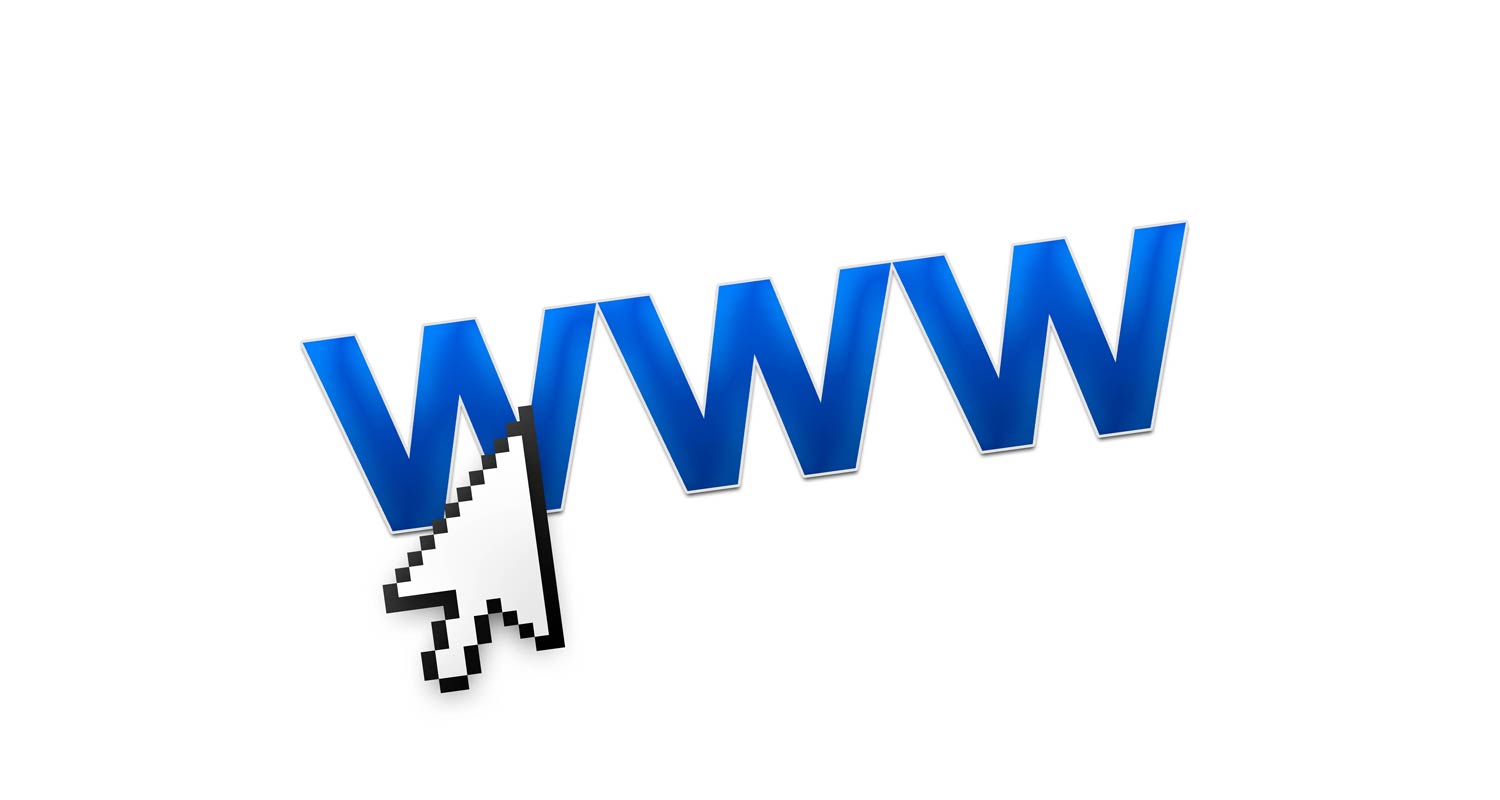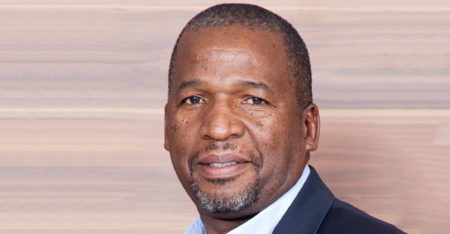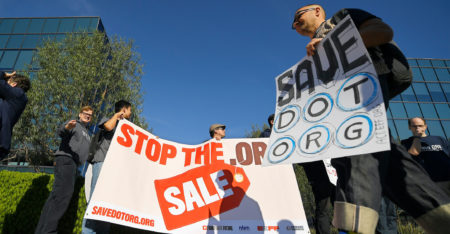 South Africa could soon have a wide range of new internet domains to choose from — .braai, anyone? – thanks to a new initiative by Icann, the global non-profit that oversees the management of key aspects of the internet.
South Africa could soon have a wide range of new internet domains to choose from — .braai, anyone? – thanks to a new initiative by Icann, the global non-profit that oversees the management of key aspects of the internet.
Whether South African companies and individuals warm to them, though, remains a big question – the .co.za domain is by far the most popular internet domain locally and is the default for many companies, despite the launch by Icann of new generic top-level domains (gTLDs) such as .africa and .capetown in recent years.
Speaking to TechCentral, Icann – Internet Corporation for Assigned Names and Numbers – vice president for stakeholder engagements in Africa Pierre Dandjinou said the plan to create new gTLDs forms the second phase of a project to expand the number of internet names available for registration.
In theory, this could lead to new domains being created with imaginative names such as .springboks and .sixty60.
“Icann used to have 22 domain names in total. That was 10 years ago. After the first gTLD project to accept new domains, we ended up with the current 1 300 domains,” Dandjinou said.
The second part of the programme will be kick-started in two or three years’ time only. “What we are doing now is the preparatory phase.”
As part of the new project, new language scripts will be introduced into gTLDs, too. “The internet’s domain name system is expanding to support more scripts in domain names and e-mail addresses by making new top-level domains available,” Icann said in a statement.
“Icann is taking this step to ensure that everyone, regardless of their background, culture, language or location, is able to make full use of the internet. While more than 60% of the world has access to the internet, many are left behind due to language barriers and a lack of a universally inclusive infrastructure. While most domain names are in a Latin-based script like English, only one in 20 people worldwide speak English as their native language,” it said.
IDNs
“Even though domains and e-mails in different scripts are available, they are not always recognised as valid by online applications services, and websites. New domain names that are longer run into similar problems of not being universally accepted. Better acceptance of all domain names, including internationalised domain names (IDNs), will facilitate the development of a more inclusive and multilingual internet.”
IDNs, Icann said, will allow people to use internet domains in local languages and scripts, and are formed using characters from different scripts, including Arabic, Chinese and Cyrillic.
“Increasing the demand for these new domains and resolving the issues around universal acceptance is an important step in ensuring that the benefits of the internet reach all users (current and new) in the coming years and decades,” said Dandjinou.
Read: Icann and the future of the internet (from 2015)
He explained that soon South Africans will have the opportunity to apply for new top-level domains “tailored to their culture, language, business and customers, allowing them to reflect their community, values, and geographic or cultural niches”.
But ensuring demand for these new domains and resolving the issues around universal acceptance could prove challenging, especially if registrants continue to prize existing top-level domains over newer options.
 In short, Icann expects that:
In short, Icann expects that:
- Within a couple of years, South Africans will be able to register new top-level domain names that are longer than three letters and some that contain special scripts;
- These gTLDs will go beyond the traditional .com, .org or .net, giving businesses the ability to create stronger identities; and
- Some South African languages, “where feasible in this round”, will be included.
“All gTLD applicants will be required to meet a detailed set of requirements for approval. Setting up a TLD requires considerable technical and financial resources,” Dandjinou said. Icann will publish a guidebook for applicants in due course, he said. – © 2023 NewsCentral Media




